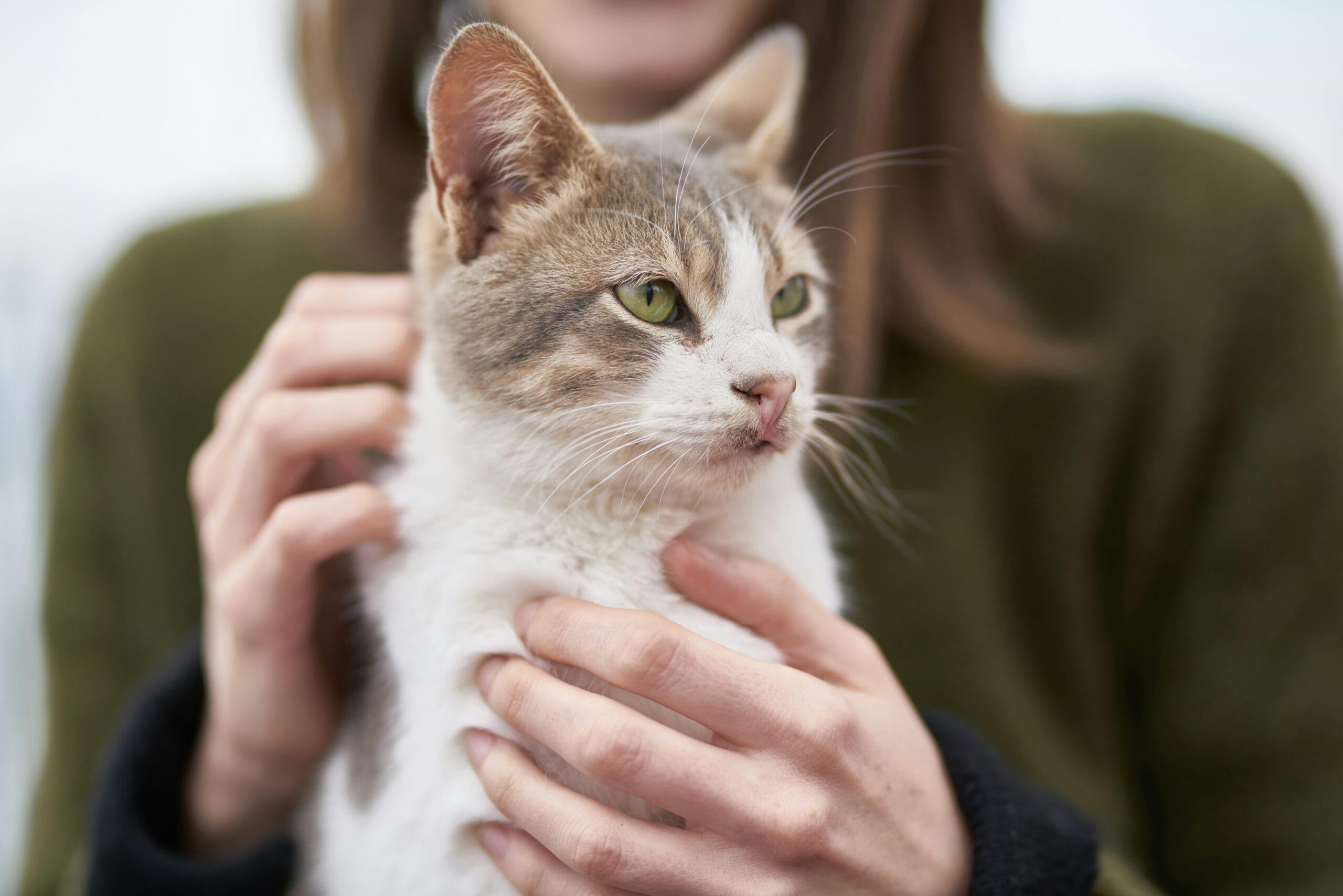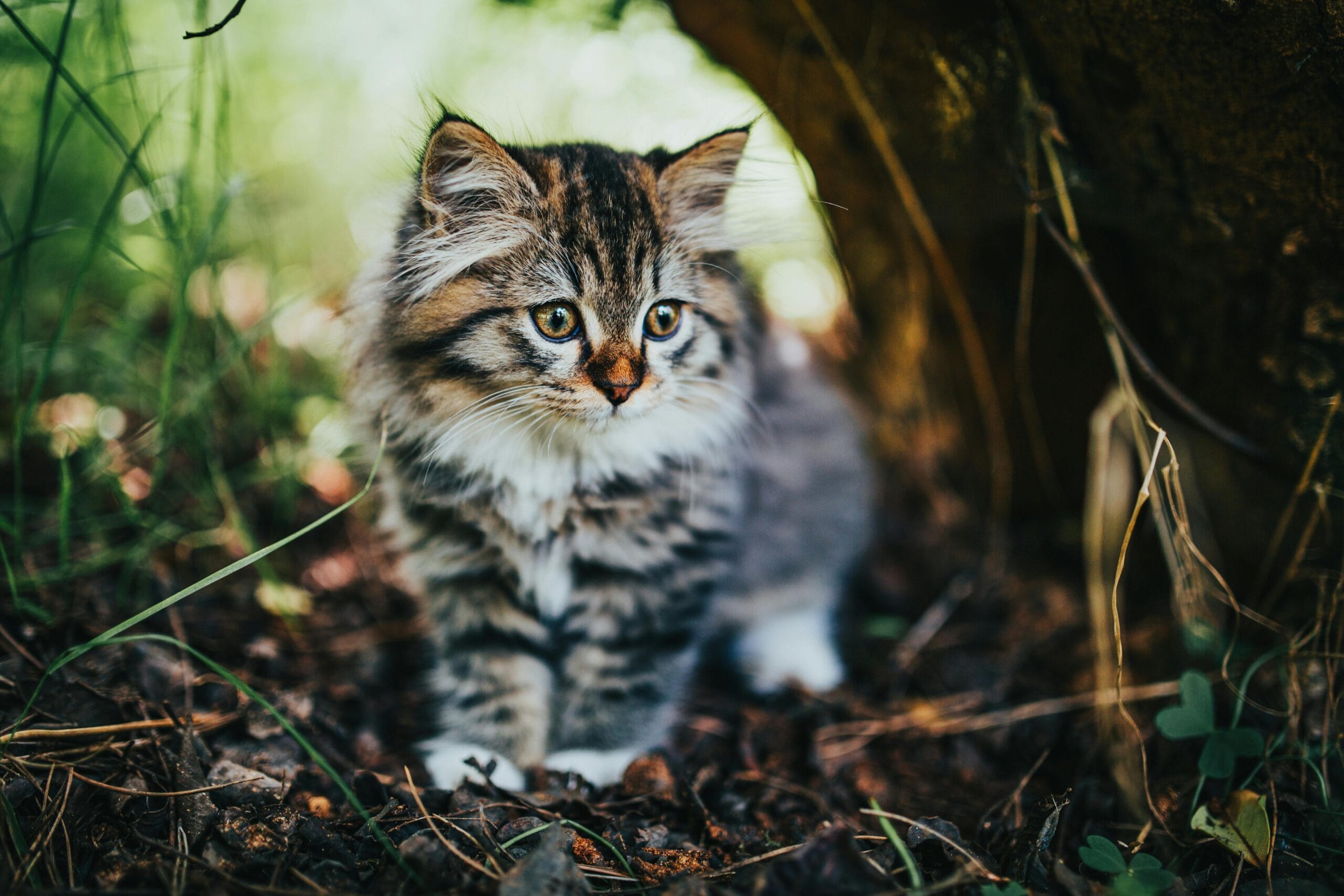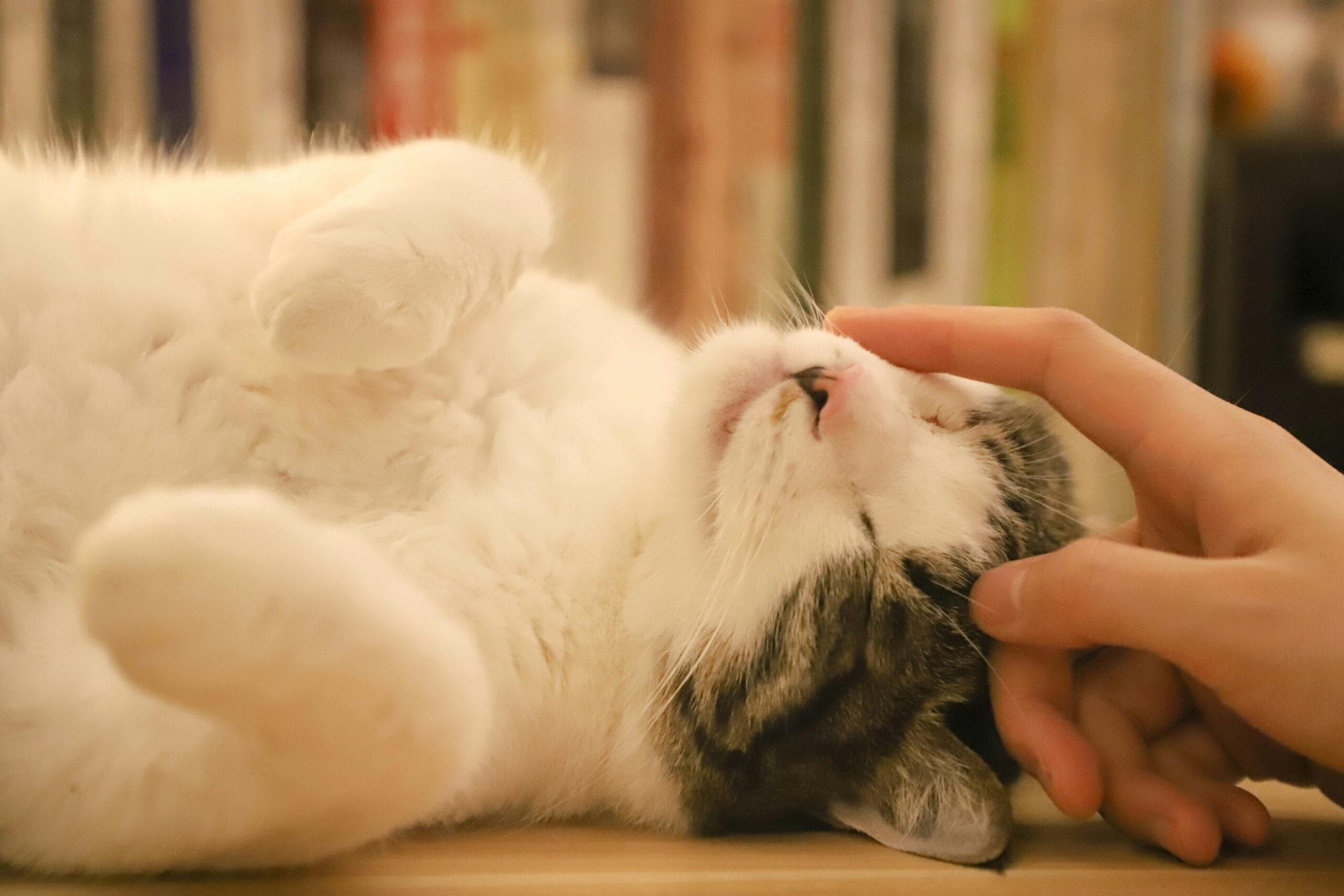Can Cats Eat Turkey ?

Can cats eat turkey? Can cats eat turkey breast? Is turkey good for cats? Find out if turkey is safe for your feline friend and discover important nutritional information to keep your cat healthy & happy! Learn now!
Can Cats Eat Turkey? A Comprehensive Guide for Cat Owners
The Thanksgiving table is laden with delicious aromas, and you might find yourself wondering: Can cats eat turkey? The answer, as with many human foods, is a nuanced one. While a small amount of plain, cooked turkey might not be immediately harmful, it’s crucial to understand the potential risks and benefits before sharing your holiday feast with your feline friend. This comprehensive guide will explore everything you need to know about feeding turkey to your cat, focusing on the question: Can cats eat turkey breast, and whether is turkey good for cats in general.
Can Cats Eat Turkey Safely? The Importance of Preparation
The simple answer is: yes, cats *can* eat turkey, but only under very specific circumstances. The key is preparation. Raw turkey poses a significant risk of bacterial contamination, such as Salmonella and E. coli. These bacteria can cause severe illness in cats, leading to vomiting, diarrhea, and even death. Therefore, can cats eat turkey only if it’s thoroughly cooked. No bones, skin, or fat should be present. The turkey should be plain, without any added seasonings, sauces, or gravy. These additions can be harmful to your cat’s digestive system and can contain ingredients toxic to cats such as onions, garlic, or xylitol.
Even cooked turkey should be given in moderation. A tiny piece as an occasional treat is acceptable, but it shouldn’t replace your cat’s balanced commercial cat food. Overfeeding turkey, even cooked turkey, can lead to digestive upset and pancreatitis.
Can Cats Eat Turkey Breast? A Closer Look at a Popular Choice
Can cats eat turkey breast? Yes, turkey breast is generally considered the safest part of the turkey to offer to your cat. It’s leaner than other parts of the bird and contains less fat, which reduces the risk of digestive issues. However, remember the same preparation rules apply: it must be cooked thoroughly and completely plain. Avoid giving your cat turkey breast that has been seasoned with salt, pepper, or other spices. These seasonings can irritate your cat’s stomach and kidneys. Again, only a small amount should be offered as an occasional treat.
Many cat owners choose turkey breast as a source of lean protein for their cats, especially if they have specific dietary needs or sensitivities. However, it is crucial to consult your veterinarian before making any significant changes to your cat’s diet, especially if your cat has pre-existing health conditions.
Is Turkey Good for Cats? Nutritional Value and Potential Downsides
Is turkey good for cats? While turkey can be a source of protein, it shouldn’t be a staple in your cat’s diet. Cats are obligate carnivores, meaning their bodies are designed to thrive on meat-based diets. While turkey provides protein, it lacks the essential taurine and other nutrients found in commercially prepared cat food specifically formulated to meet feline nutritional requirements. A diet solely consisting of turkey would be highly deficient and could lead to serious health problems in the long run.
Think of turkey as an occasional, supplemental treat, not a primary food source. The best way to ensure your cat receives all the necessary nutrients is through high-quality commercial cat food. You can learn more about feline nutrition from resources like the Association for Pet Obesity Prevention (https://petobesityprevention.org/). They provide valuable information on maintaining a healthy weight for your cat, a crucial aspect of overall well-being.
Potential Risks of Feeding Cats Turkey
Beyond bacterial contamination and digestive upset, there are other potential risks associated with feeding turkey to cats. Bones, even cooked ones, can splinter and cause internal injuries. Skin and fat are high in calories and can contribute to obesity and related health problems in cats. Moreover, certain seasonings, as mentioned previously, can be toxic to cats.
Allergies are another potential concern. Some cats might be allergic to turkey, experiencing symptoms such as itching, skin rashes, or digestive problems. If you notice any unusual symptoms after feeding your cat turkey, consult your veterinarian immediately.
Alternatives to Turkey for Feline Treats
Instead of turkey, consider other healthier treat options for your cat, like small pieces of cooked chicken breast (plain and boneless), a small amount of cooked fish (boneless and skinless), or commercial cat treats formulated specifically for feline consumption. These options offer better nutritional balance and reduce the risk of digestive upset or other health complications. A veterinarian, or a veterinary nutritionist, can assist you in formulating a healthy, balanced dietary plan for your cat, catering to individual needs and any potential health concerns.
Understanding Your Cat’s Dietary Needs
Every cat is unique, and their dietary needs may vary depending on factors such as age, breed, activity level, and health status. Always consult with your veterinarian before making any significant changes to your cat’s diet, especially if they have any pre-existing health conditions or allergies. They can help you determine the appropriate amount and type of food to ensure your feline companion remains healthy and happy. The American Veterinary Medical Association (https://www.avma.org/) offers a wealth of information on pet health and nutrition, including resources on feline care.
Addressing Common Concerns About Feeding Cats Turkey
Many cat owners have specific questions regarding turkey consumption. For instance, “Can cats eat turkey leftovers?” The answer is generally no. Leftovers often contain added seasonings, fats, and potentially harmful ingredients that should be avoided. “Can cats eat turkey skin?” Definitely not; the skin is high in fat and can lead to digestive problems and obesity. “Can cats eat turkey bones?” Absolutely not; cooked bones can splinter and cause serious internal injuries.
To summarize, while a tiny bit of plain, cooked turkey breast may be acceptable as an occasional treat, it’s essential to prioritize your cat’s health and dietary needs. Stick to high-quality commercial cat food as the cornerstone of their diet and consult with your veterinarian for personalized advice.
Conclusion: A Balanced Approach to Feline Nutrition
The question, “Can cats eat turkey?” requires a careful and considered answer. While small amounts of plain, cooked turkey breast can be offered as an infrequent treat, it’s crucial to emphasize the importance of proper preparation and moderation. Always prioritize your cat’s health and wellbeing by sticking to a balanced diet primarily consisting of high-quality commercial cat food. Remember to consult your veterinarian for advice tailored to your cat’s specific needs and health status. Never risk your cat’s health by giving them raw turkey, bones, skin, or turkey prepared with seasonings or sauces.
The information provided here is for general guidance only and does not constitute veterinary advice. Always consult a qualified veterinarian for any health concerns related to your pet.
We encourage you to share your experiences with feeding turkey (or other human foods) to your cat in the comments section below. Have you ever tried giving your cat turkey? What was their reaction? Let’s share our knowledge and help each other provide the best care for our feline companions! Use relevant keywords like ‘Can cats eat turkey’, ‘can cats eat turkey breast’, and ‘is turkey good for cats’ in your comments to make them easily searchable for other cat owners.

Can Cats Eat Turkey? 10 FAQs
Here are 10 frequently asked questions about cats and turkey, with detailed answers:
1. Can cats eat turkey?
Yes, cats can eat turkey, but with important caveats. Plain, cooked turkey breast is generally safe for cats in small amounts as an occasional treat. However, it shouldn’t be a regular part of their diet.
2. Can cats eat turkey breast?
Yes, can cats eat turkey breast is a common question, and the answer is generally yes. Plain, cooked turkey breast, without added salt, seasonings, or skin, is the safest option. Avoid giving your cat raw turkey due to the risk of bacteria.
3. Is turkey good for cats?
Is turkey good for cats? In moderation, plain cooked turkey breast can be a healthy occasional treat. It’s a good source of lean protein. However, it shouldn’t replace a cat’s complete and balanced commercial cat food. Overfeeding turkey can lead to digestive upset.
4. Can kittens eat turkey?
Kittens can eat small amounts of plain cooked turkey breast, but it’s crucial to introduce it gradually and monitor for any digestive issues. Their digestive systems are more sensitive. Always prioritize kitten-specific food.
5. Can cats eat turkey skin?
No, cats should not eat turkey skin. It’s high in fat and difficult for them to digest, potentially leading to pancreatitis or other health problems.
6. Can cats eat turkey bones?
Absolutely not. Turkey bones, like any cooked bones, can splinter and cause serious internal injuries to your cat. Never give your cat turkey bones.
7. Can cats eat turkey with gravy?
No, turkey gravy is generally unsafe for cats. It often contains high amounts of salt, fat, onions, and other seasonings that are toxic to cats.
8. Can cats eat leftover turkey?
Leftover turkey is only safe for cats if it’s plain, cooked turkey breast, without any added seasonings, gravy, or bones. Even then, offer only small amounts as an occasional treat.
9. My cat ate turkey, is it okay?
If your cat ate a small amount of plain cooked turkey breast, it’s likely fine. However, monitor for any signs of digestive upset like vomiting or diarrhea. If you’re concerned or your cat ate a large amount, or turkey with seasonings/bones, contact your veterinarian.
10. What are the risks of feeding cats turkey?
The main risks associated with feeding cats turkey are pancreatitis (from the fat), digestive upset (from too much protein or improper preparation), and potential toxicity from added seasonings, onions, or garlic often found in prepared turkey dishes. Always stick to plain, cooked turkey breast in small amounts.

Can Cats Eat Turkey? A Guide to Safe Feeding
Turkey, a holiday staple, can be a tasty treat for your feline friend, but only in moderation and prepared correctly. This guide provides practical tips and health considerations to ensure your cat’s safety and well-being.
Safe Turkey for Cats
Plain Cooked Turkey: Small amounts of plain, cooked turkey breast are generally safe for cats. Avoid the skin, bones, and dark meat, as these can cause digestive upset or choking hazards. Ensure the turkey is thoroughly cooked to eliminate any bacteria.
Avoid Seasonings and Additives: Never feed your cat turkey seasoned with salt, pepper, garlic, onion powder, or any other spices. These ingredients can be toxic to cats. Similarly, avoid turkey cooked with butter, gravy, or other rich sauces.
Portion Control is Crucial: Turkey should only be given as an occasional treat, not a regular part of their diet. Too much turkey can lead to pancreatitis, obesity, and digestive problems.
Health Considerations
Allergies: Some cats may have allergies to turkey. Introduce small amounts to monitor for any adverse reactions such as vomiting, diarrhea, or skin irritation. If you notice any symptoms, discontinue feeding turkey and consult your veterinarian.
Digestive Upset: Even small amounts of turkey can cause digestive upset in sensitive cats. Watch for signs of vomiting, diarrhea, or changes in appetite.
Pancreatitis Risk: High-fat foods like turkey (especially dark meat and skin) increase the risk of pancreatitis, a serious and potentially fatal condition. Avoid giving your cat fatty parts of the turkey.
Bone Hazards: Cooked turkey bones can splinter and cause internal injuries. Never give your cat turkey bones.
Conclusion
While small amounts of plain cooked turkey breast can be a safe and occasional treat, it’s crucial to prioritize your cat’s health and well-being. Always monitor your cat for any adverse reactions and consult your veterinarian if you have any concerns.
Keywords: cat food, turkey for cats, can cats eat turkey, safe cat treats, cat health, cat nutrition, turkey and cats, pet food safety